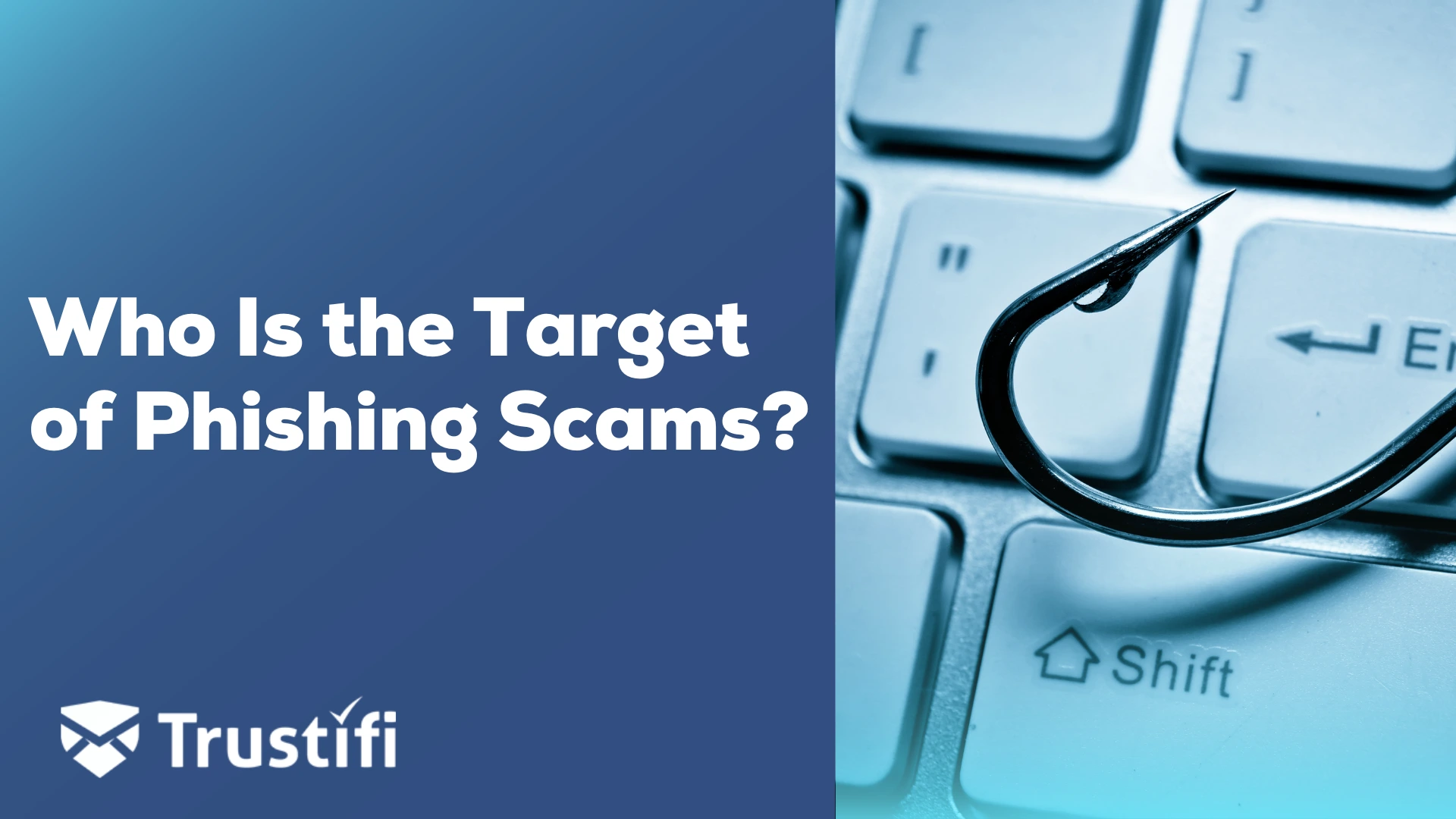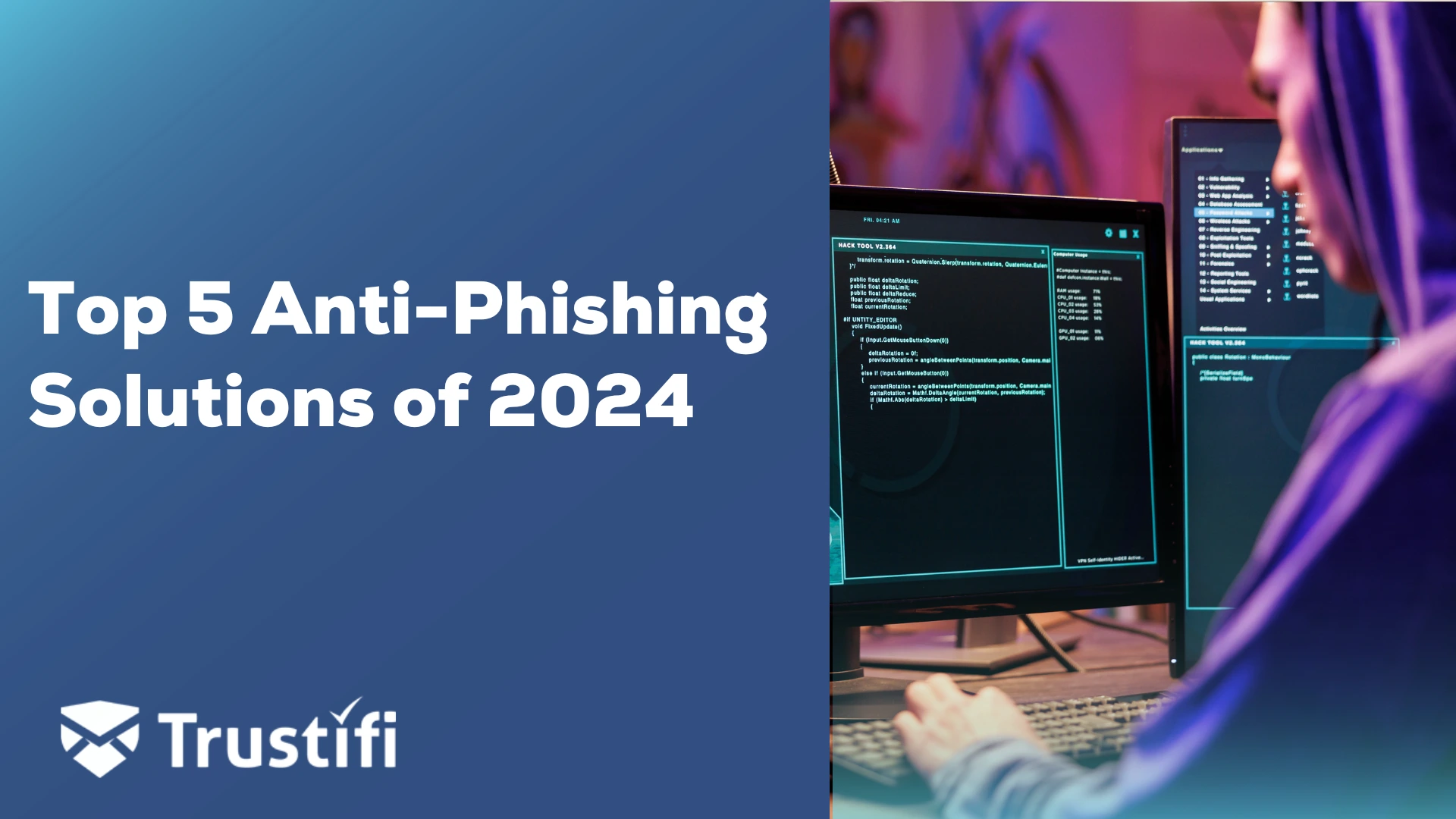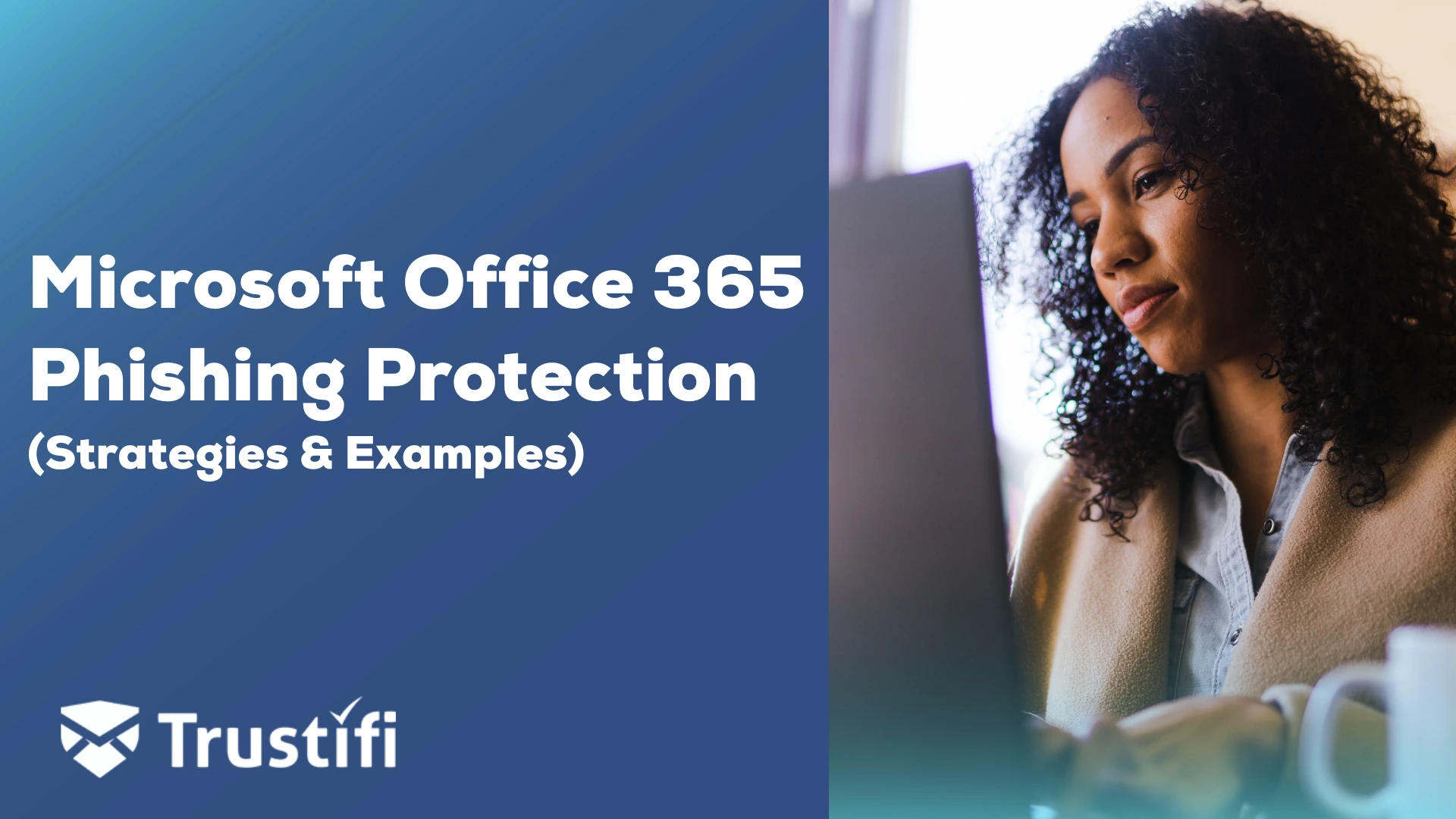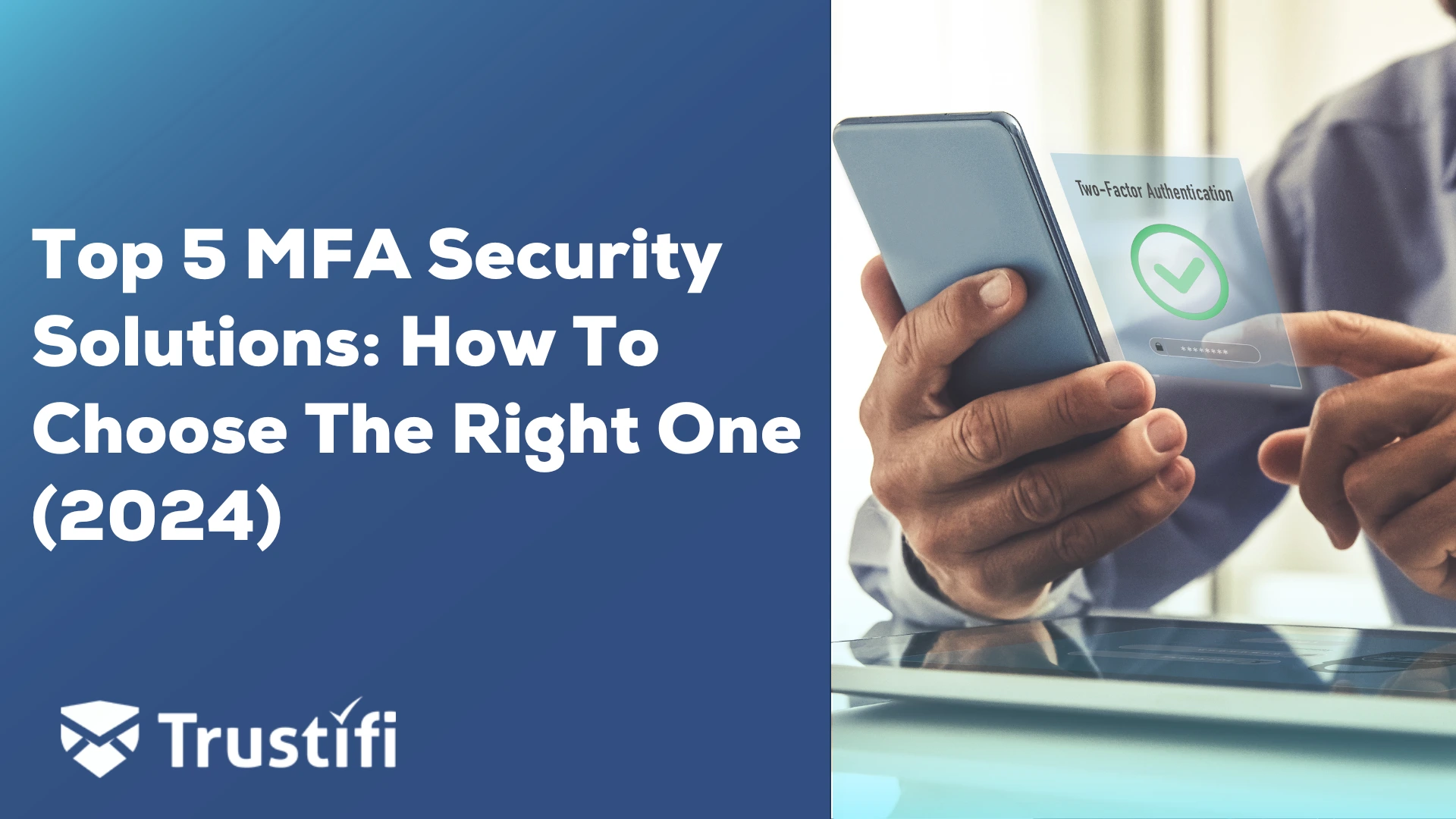Phishers target everyone, not just tech companies. They’re attacking people from every walk of life. People who contact you have many years of claiming to be old-school pals; chances are you never went to the same school. Phishers trove through social media sites to look for targets based on employment, job title, status on work, and educational background. Hackers will leverage this to begin their email scam campaign.
Common Phishing Attacks That Sting!
Phishing is a method scammers use to trick people into giving cyber criminals their personal information. Phishers might send emails with malicious links pretending to be debt collectors or a bank offering a new car loan. They might pretend to be friends trying to reconnect after a long time apart.
Phishers continue to use old tricks to trick people into giving up their login credentials, including passwords and personal details. They may infect computers, steal data, or even break into systems.
According to research, the average Internet user is often unaware of or not concerned with phishing scams until they fall victim to them.
The Business of Phishing
It’s easy for criminals to send out spam emails, hoping to lure victims into giving away their personal information or letting them gain unauthorized entry into systems. Some common phishing attacks continue to be very effective in drawing in victims.
Business email compromise(BEC) continues to be an immense problem for organizations globally. Phishers are posing as supply chain business partners, outside counsel handling a legal issue, and even a past disgruntled employee—BECs cost organizations millions of dollars each year.
Most BEC attacks start with a bogus email from a hacker posing as a representative from a legitimate company. The hacker obtained the victims’ email addresses through social media or collected a business card at a public event.
Law enforcement agencies continue to promote ways for organizations to prevent BEC from affecting their business. End User training, email security platforms, and data loss prevention technology helps in stopping BEC from being financially impactful to individuals and organizations.
Social Engineering No Longer Sociable
Social engineering could take place over the phone, through SMS, someone walking up to you when you are eating inside a restaurant, and of course, over email. Most people are very guarded and skeptical of anyone walking up to them or texting them out of the blue. Yet, some people welcome the attention and engage with hackers or cybercriminals by exchanging phone numbers or private email addresses.
Legal or IRS Email Phishing Attacks
Many CEOs and company executives in essential roles receive phishing emails claiming to be someone working for a law firm, part of the court system, or even the Internal Revenue Service(IRS). Most people with a grounded mindset know that if this were a law firm or court demand letter, this correspondence would arrive by certified mail, not through email or phone calls.
These types of spear phishing or whaling email attacks could contain payment details, requests for a money transfer, or requesting contact details for members of the board of directors.
However, people read these messages, and many will respond to the hacker. The email could contain a dangerous link for the user to log in, a malicious attachment embedded with malicious code, or fraudulent gift cards linked to an impostor online scams account.
Other emails could contain a phone number for the victim to call. These lures are part of the phishing strategy designed to get the victim on the phone so that the hacker can collect valuable personal information, including social security numbers, passport numbers, and credit card details. Some victims will often reply to the hacker by calling the number inside the phishing email.
Phishing Attacks Containing Political Statements
Politically motivated phishing attacks are becoming increasingly sophisticated at creating convincing messages that trick people into giving up their personal information and money.
Especially during an election year, phishers will send out an email claiming to represent someone running for public seeking donations, sign a digital petition, or ask what would be an excellent time to contact you to discuss critical issues affecting their state.
Those who responded to this phishing attack led to additional victimization later.
Ways Not To Take the Bait from a Phishing Email
“If something is too good to be true, it probably is.” It explicitly applied this old saying to phishing attacks, including whaling and spear phishing attacks. Phishers often message their targets with fraudulent life-changing messages, including “you have won a $10,000,000 lottery; just send us your banking information, and we will wire you the funds.” Now is an excellent time to mark the email as spam and go about your day.
Users will often receive messages from phishers claiming to be relatives living in Nigeria doing charity work and desperate for money or a law firm sending them an inheritance email. These malicious messages could infect the user’s personal and corporate devices with ransomware.
Here are some essential steps every email user to perform if they suspect you are being phished:
- If someone calls you pretending to be the IRS, hang up and call back the same number. Changes are this number is from a burner phone.
- If you have a text from someone claiming to know you and don’t recognize the number, block the number. If this person knew you, they would have called you.
- If you receive an email from someone claiming to hold your lottery winnings, a title to the property in France, or an unsolicited job offer, mark this as spam within your email client software.
Cloud-based Email Security to the Rescue
The email security platform market continues to strengthen with next-generation capabilities to help protect users from phishing attacks. These attacks will continue to grow as phishers and digital attackers adjust their methods to leverage more clever malicious email messages to reach new victims.
Cloud-based email security platforms like Trustifi continue to innovate with additional artificial intelligence capabilities and cloud elasticity. These capabilities will help reduce the impact of future phishing attacks and provide scaling to handle higher volumes of attack traffic.
Why Trustifi?
Trustifi is a cyber security firm featuring solutions delivered on software as a service platform. Trustifi leads the market with the easiest-to-use and deploys email security products, providing both inbound and outbound email security from a single vendor.
As a global cybersecurity provider of both inbound and outbound email protection, Trustifi currently supports customers from countries including the USA, Canada, Brazil, the Dominican Republic, the UK, the Netherlands, India, the UAE, China, and Japan, Cyprus, the Philippines, and more. The company has also developed “One-Click Compliance” capabilities that cater to world security regulations, including PDPO for Hong Kong, POPI for South Africa, GDPR for Europe, and LGPD for Brazil.




physing
What’s up, its good piece of writing regarding media print, we all be aware of media is a
great source of information.
Elliott
What’s Taking place i am new to this, I stumbled upon this I have found It
absolutely helpful and it has aided me out loads. I’m hoping to give a contribution & help other users
like its aided me. Good job.